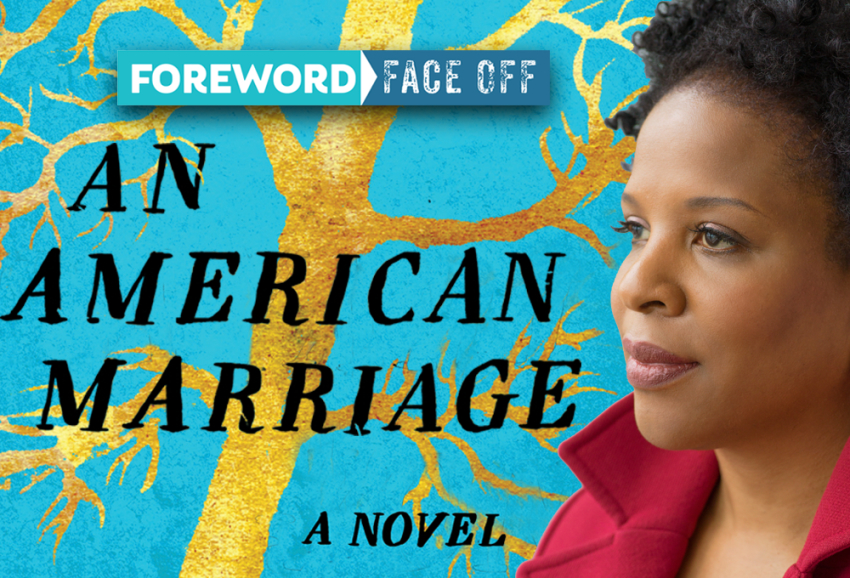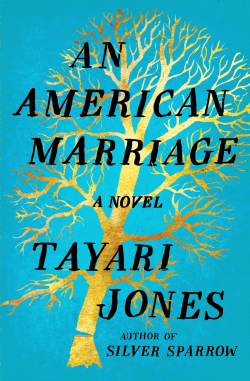Reviewer Mya Alexice Interviews Tayari Jones, Author of An American Marriage

Every marriage experiences periods of severe stress but only the most star-crossed face an explosive combination of heartbreak, trauma, sexual tension, racism, false accusations, and incarceration. Yes, dear reader, this is the set of circumstances facing Ray and Celestial in Tayari Jones’s spectacular An American Marriage.

In her review for the January-February issue of Foreword Reviews, Mya Alexice calls An American Marriage “an enchanting novel that succeeds at every level,” and Alexice is not one to offer false praise. So, we knew the novel was special and its subject matter, especially timely—everything we look for in a Foreword Face Off interview.
How has the recent presidential election and the current political climate contributed to An American Marriage’s creation and/or execution?
This book took me six years to write, so when I started it, we were still feeling the Obama love. This is important for me to point out because I have never felt like the issues of racism and incarceration were not pressing concerns, even during the Obama years. We have seen a sharp turn to the right in this country and it is terrifying, but this has just intensified existing injustices.
Your prose has a very distinct style. Who are your main influences when you sit down to tell a story?
When I sit down to tell a story, I am listening to no voice but my own. That said, I think my love for mysteries has made me kind of unique among literary writers. I love a strong, clear plot. I want to stick the ending like a gymnast.
An American Marriage, of course, deals directly with the prison industrial complex and its evils. For you personally, what kind of world do you envision as a solution? One with no prisons at all, perhaps—or maybe with a rehabilitation-based approach to crime?
I am reluctant to answer this question because I am a novelist more than a sociologist. I have a number of friends who are prison abolitionists and I am persuaded by their arguments. And I have some friends who have experienced incarceration and hearing their stories, there is really no way to justify the incarceration of juveniles in adult prisons. As for rehabilitation—what sane and just person can argue against helping people help themselves?
You’re also a professor at the Rutgers’ Creative Writing MFA Program in Newark. What advice do you give your students who are hoping to recreate your talent and success?
I urge my students to remember that writing and publishing are two separate creatures. When you sit down to write, don’t think of anything beyond the page. When it’s time to publish, we will put on a different hat. I tell them we will find a publisher who will publish what you write. The goal is not for you to write what you think they will publish. Write your true authentic story. We’ll worry about the rest later.
Are you working on anything else at the moment? If so, can you tell us anything about it?
I am working on another novel, set in Atlanta. I don’t really like to talk much about a work in progress because talking about it takes some of the energy when I try to write it. Right now, the project is really in its infancy. If it were a baby, it wouldn’t even be able to hold up its own head. But like a mama, I am so in love with it.
Mya Alexice
